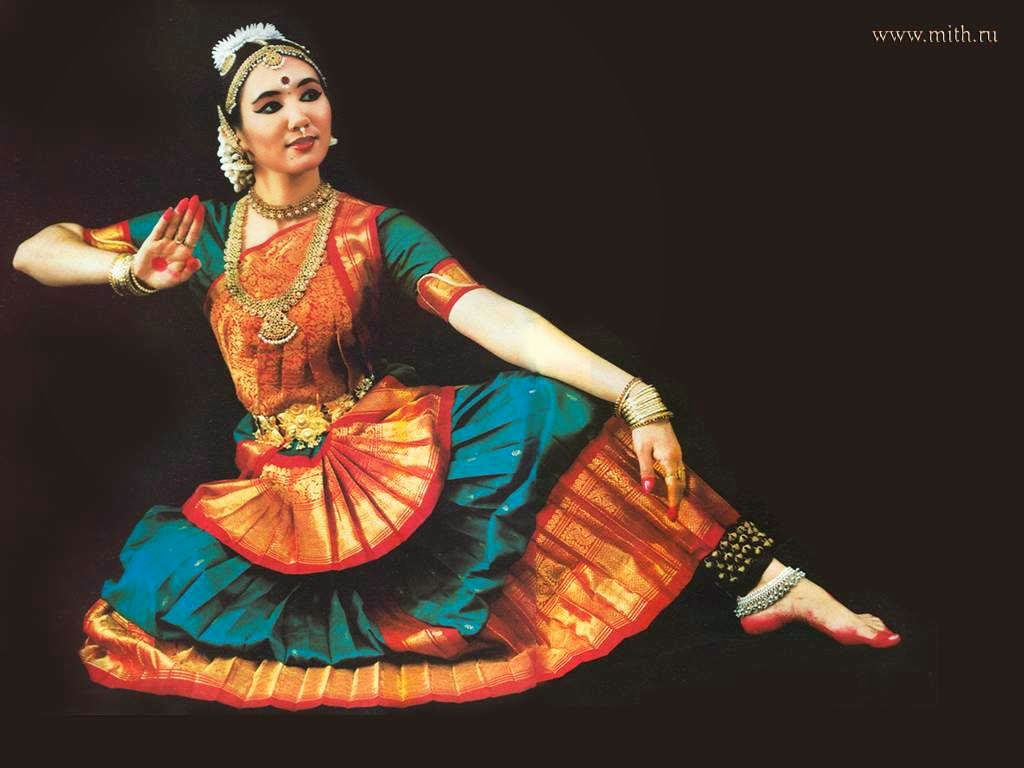Kathak Dance
Kathak is one of the most important classical dances of India. Kathak is said to be derived from the word katha, meaning "the art of storytelling." The Kathak dance form originated in north India and was very similar to the Bharatnatyam dance form. In ancient India, there were Kathakars or bards who used to recite religious and mythological tales to the accompaniment music, mime and dance.
















